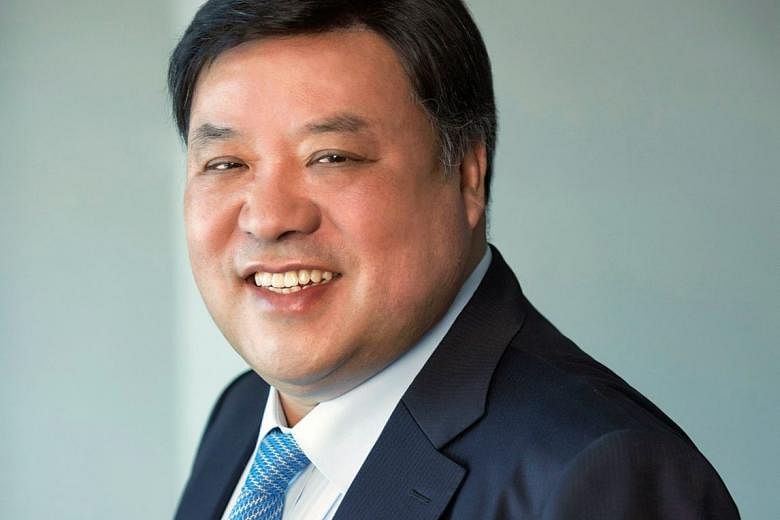SEOUL - If billionaire Seo Jung-jin had his way, South Korea could be free of the coronavirus by spring next year.
His biopharmaceutical firm Celltrion is on track to seek conditional approval for the country's first Covid-19 medicine - monoclonal antibody treatment CT-P59 - by the end of the month, and to produce enough to treat up to two million patients a year.
The drug is said to complement vaccines, as it stops the virus from further infecting human cells.
Clinical trials showed that the treatment can kill the virus in four to five days and help patients make a full recovery 44 per cent faster.
Celltrion, one of South Korea's largest drugmakers, invested 300 billion won (S$370 million) into its antibody drug. About 100,000 doses have already been made for domestic use. The country has reported more than 36,000 confirmed cases of the virus.
"Globally, there is ample vaccine production but a shortage of treatments, but Koreans don't need to worry because there is a supply of Celltrion treatments to spare," Mr Seo, 63, told Hankyoreh newspaper last month.
He also voiced hope that South Korea will be "corona-free" by next spring, so people can go about their daily lives without wearing masks.
The chairman of Celltrion is known to make bold decisions and dream big.
Born in Cheongju in the central North Chungcheong province, he studied industrial engineering and was working for Daewoo Motors when it went bankrupt during the 1997-1998 Asian financial crisis.
He started his own biotech company with former colleagues, with a capital of only 50 million won.
Mr Seo spotted the future potential of biosimilars - cheap copies of expensive biologic drugs used to treat diseases such as cancer - and plunged into researching them.
"I bet I am probably the businessman who has seen more breast cancer cells than anyone," he once told the Financial Times.
He had to borrow money from loan sharks to fund his research, and things looked up only in 2010 when Singapore's Temasek injected 207.9 billion won into the company.
Celltrion's market capitalisation is now US$23.1 billion (S$30.8 billion), making Mr Seo the second richest man in South Korea.
He is slated to retire by Dec 31, after which he plans to invest 2 trillion won in a start-up focused on telemedicine technologies.
For now though, Mr Seo's focus is on making Covid-19 treatment affordable.
"We have promised the people of Korea that our Covid-19 antibody treatment will be available to them at production cost," he said, adding that the sale price overseas would also be lower than rivals'.
"During a pandemic crisis, pharmaceutical companies must serve as public assets for the country."












